When writers want to bring back the feel of interwar pulp fiction, they will of course exploit the technology and the political situation of the time. They will, however, also use the supernatural as imagined then: ancient, occult and at least somewhat incomprehensible. This, I have seen argued, is taken from the work of H.P. Lovecraft and his emulators, given most famous expression in the Indiana Jones films.
Sometimes, alternate history dwells on this sort of dieselpunk. One such example is Hannu Rajaniemi’s 2018 novel Summerland. It takes what is on the surface a well-trod alternate-history setting, interwar Europe, and combines it with an imaginative realization of the supernatural that never descends into cliche. Summerland is something like what I’d imagine if the likes of Jeff Vandermeer wrote alternate history; it is a book that possesses the odd yet distinct properties of “weird fiction”.
Summerland is set in a world where contact with and exploitation of the afterlife was made possible in the early twentieth century; supernatural weapons were first used in World War I. Rajaniemi’s novel is set in 1938, as Europe lumbers to war again, if not necessarily over the same territory as that which started World War II in our world on that continent.
Set with the backdrop of the Spanish Civil War, a war fought with horrifying weapons called “ecto-tanks,” is a spy-story laden with the supernatural. You follow two protagonists, Rachel White, a living woman who works for the Summer Palace (something like MI6, but dealing with the afterlife), and a dead man named Peter Bloom, who works for the same. When a defector from the Soviet Union meets Rachel, tries to attack her and then blows his own brain out, the two, and many others, are drawn into a supernatural spy drama reminiscent of Tim Powers’ novel Declare (review here), where death means something very different from what it does in our world.
One of the things that Summerland does so much better than a lot of alternate-history fiction is exposition. You are never flooded with backstory. Instead, you are strapped to a chair and drip-fed information about what is clearly a fascinating world. It is that desire to know more as much as the actual plot that kept me reading, and many alternate-history writers could take cues from it.
Underlying all of this is a more profound discussion of the meaning of life and death. When the dead can work with the living from the afterlife, being dead means something very different. Rajaniemi does a lot with this dynamic, particularly with Peter Bloom. It makes you aware of your own mortality, in a very good way.
Summerland is another example of superbly executed fantasy alternate history. It has twists and turns, characters worth investing in, and a supernatural element that narratively enriches the historical element. It’s a lot of fun, and I recommend it highly.
This story was originally published by Sea Lion Press, the world’s first publishing house dedicated to alternate history.

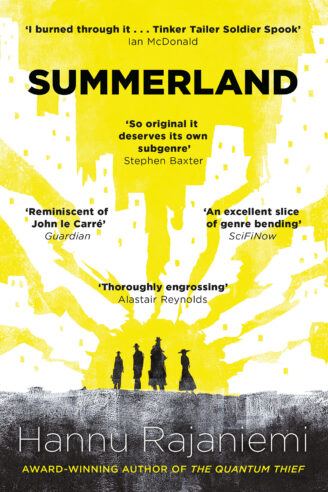
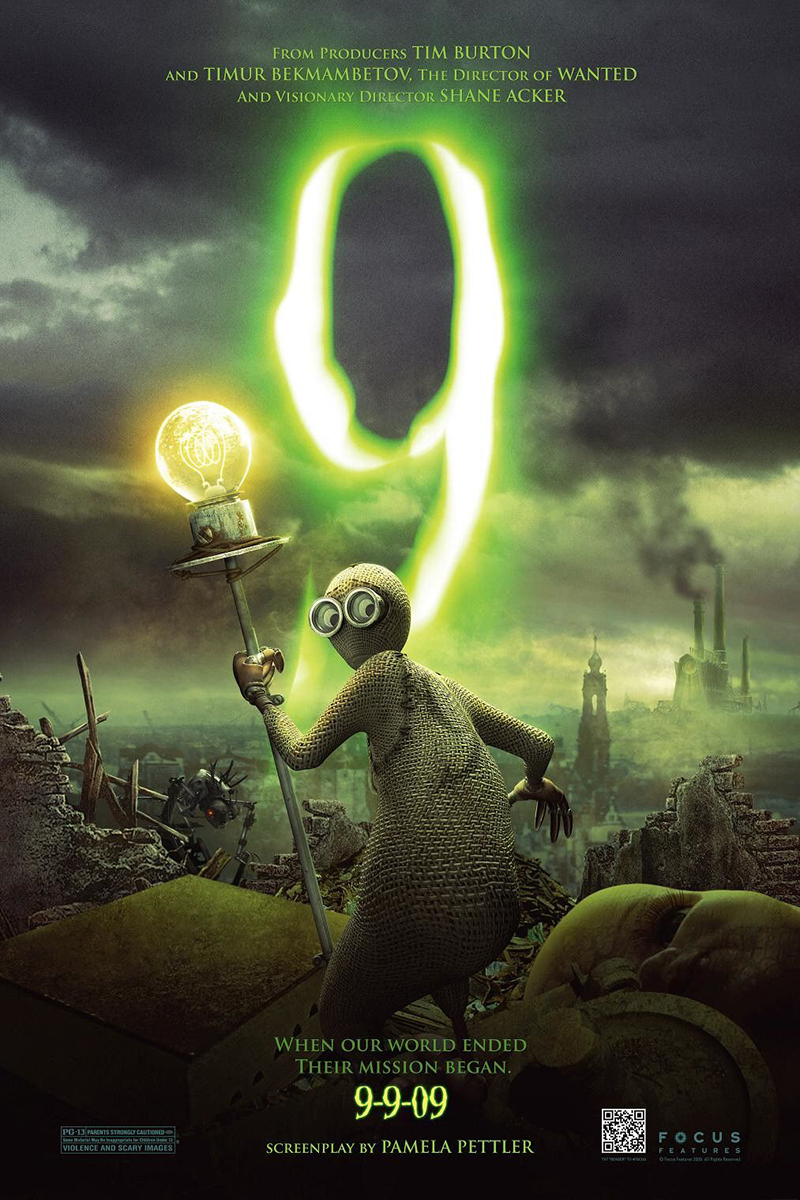
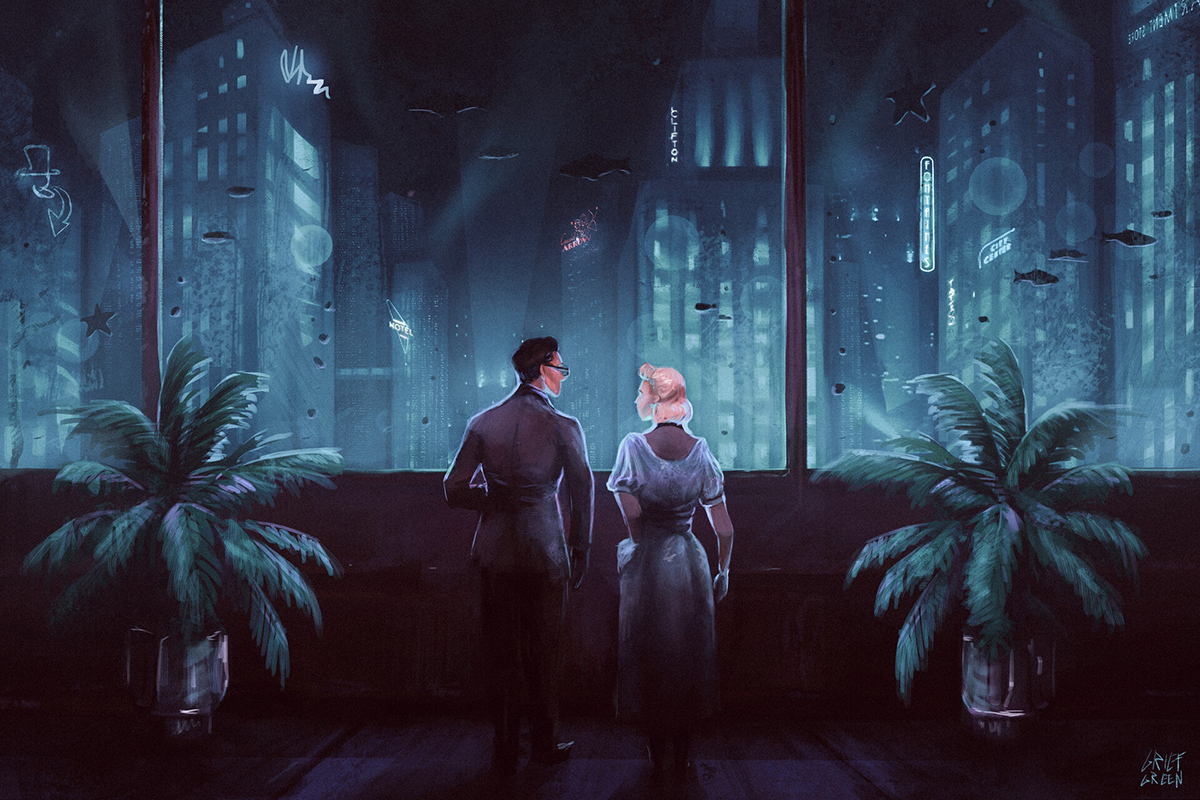
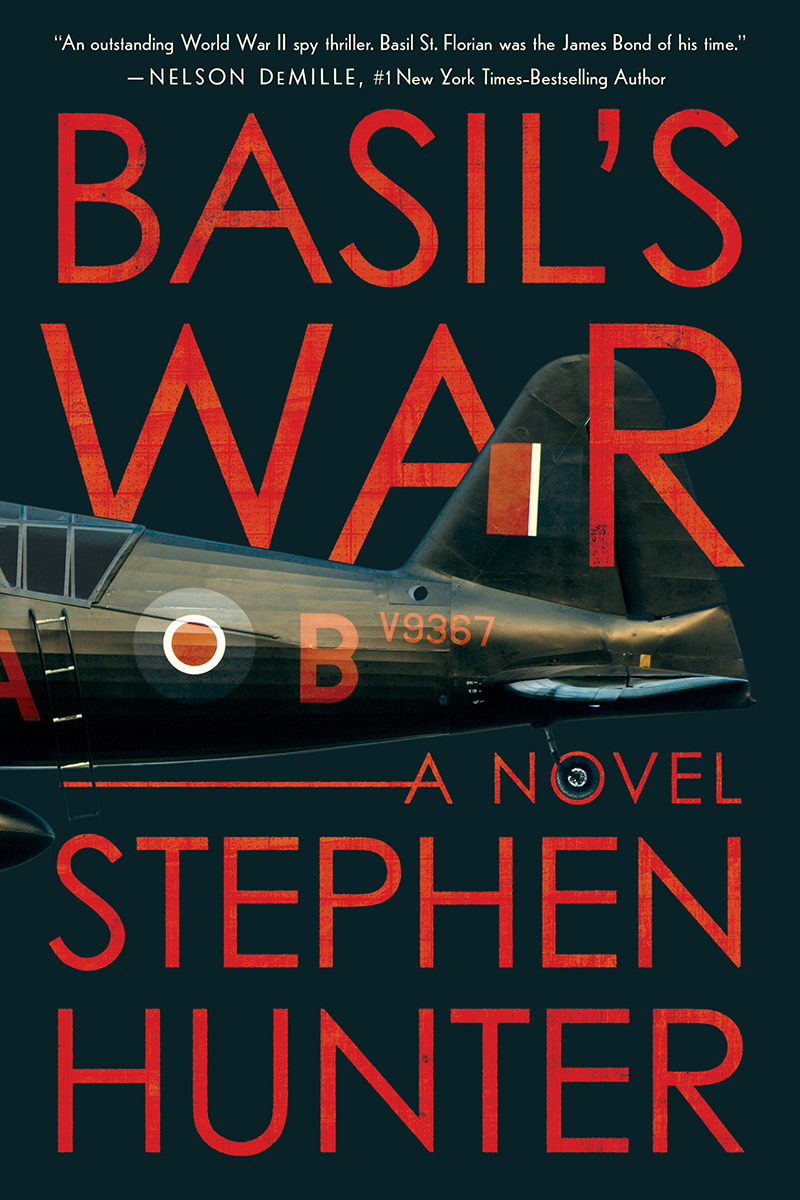
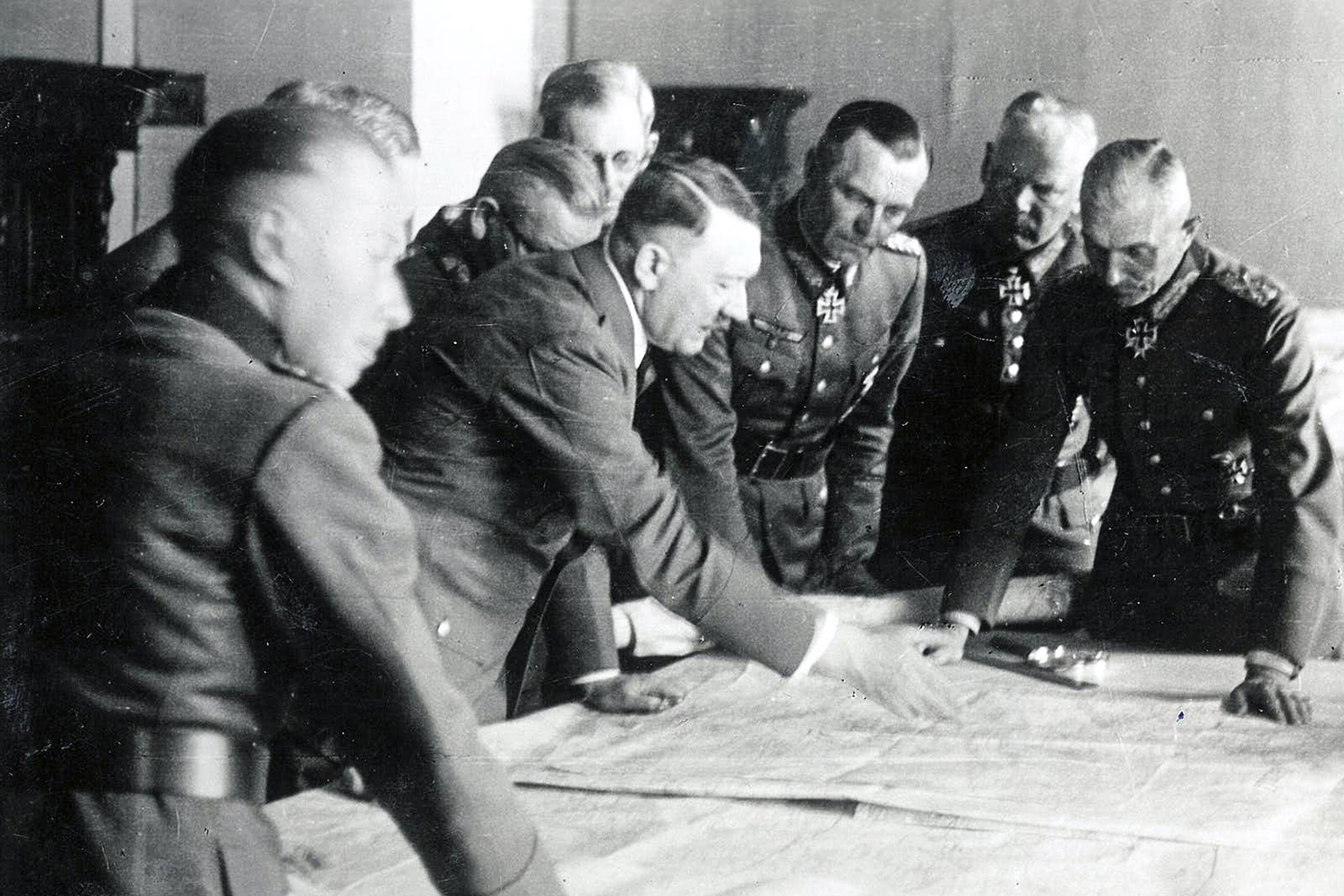
1 Comment
Add YoursI can see it now, angels forced into prostitution..debts follow you…good people shoved around get it worse after ‘death’ and hell now run by Curtis LeMay.